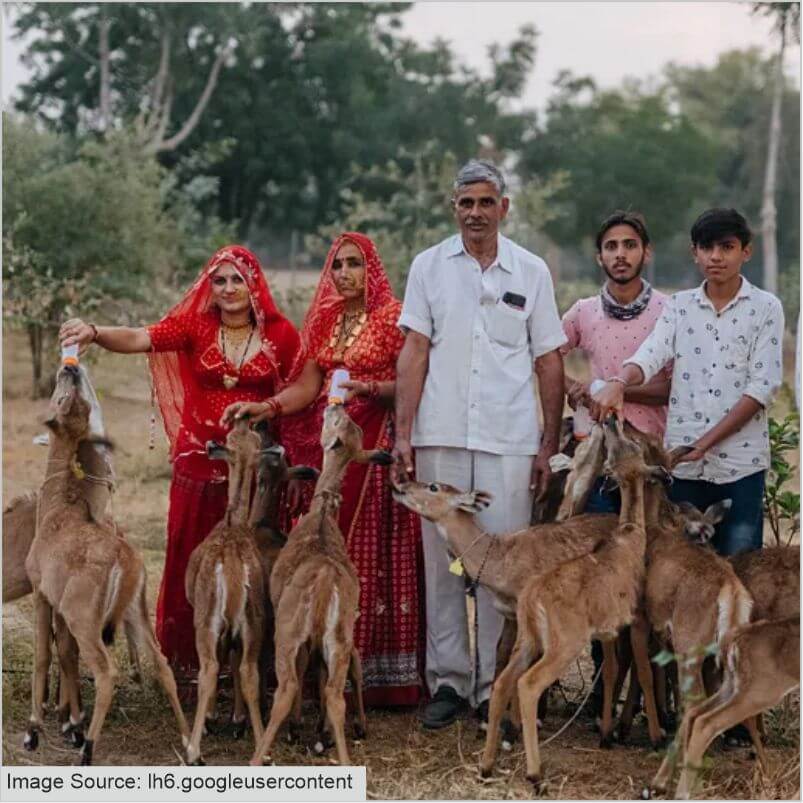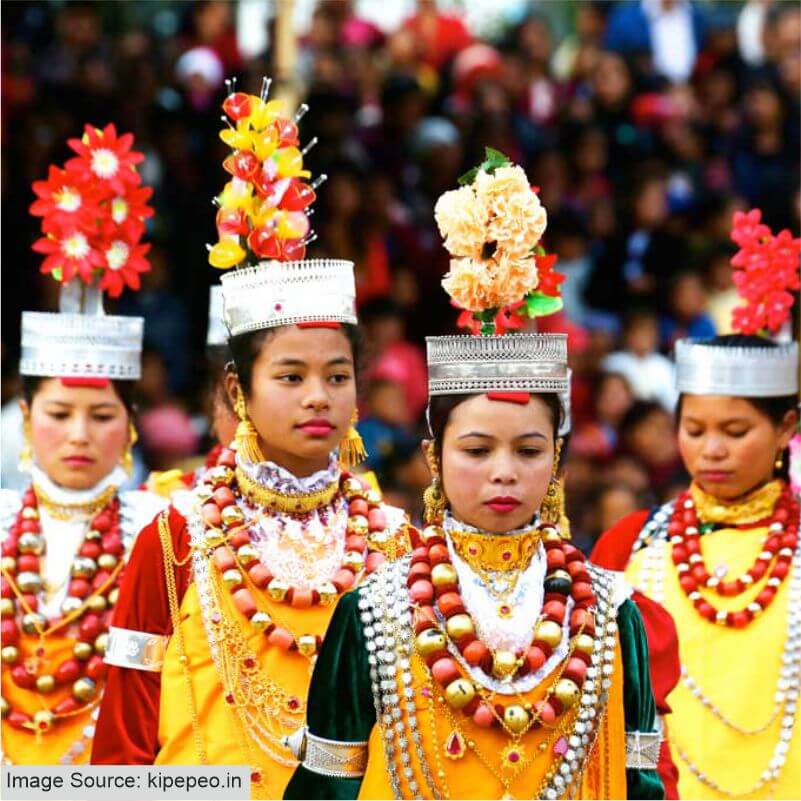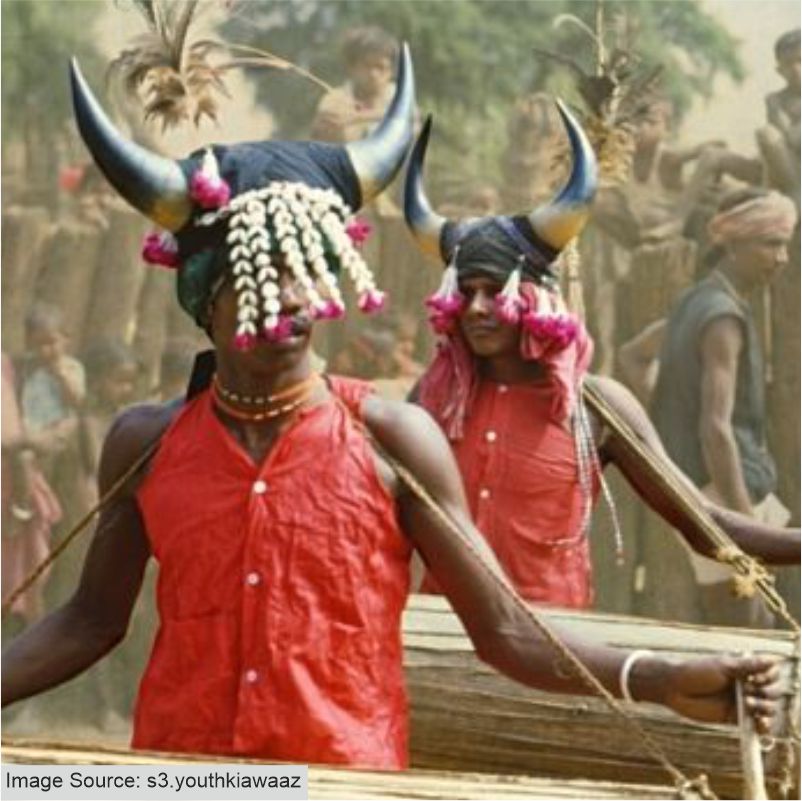According to the World Bank, Indigenous People are ‘distinct social and cultural groups that share collective ancestral ties to the lands and natural resources where they live, occupy or from which they have been displaced. ‘ In simple words, indigenous people are the original inhabitants of lands. Native Americans are one example of an indigenous group.
In India, the Scheduled Tribes or Adivasis are considered to be a part of the ‘Indigenous Group’, and they form a sizeable part of the population, comprising 8.6% of the population, bringing the estimated population to 104 million. However, there are some tribes that haven’t been given the status of ‘Scheduled Tribes’, meaning that the total population might be much higher.
To raise awareness about the plights of the indigenous population, 9th August has been observed as an ‘International Day of World’s Indigenous People’, and at the same time recognizing their contributions and achievements.
Despite living in India for centuries and contributing to the nation in their own ways, the tribal population of India has faced many setbacks and challenges.
Some of these include Poverty and Exploitation, Technological and Economic Backwardness, Non-Assimiliation with Non-Tribal populations, Socio-Cultural Handicaps, Illiteracy and Low Educational Levels, Health and Nutritional Issues, and Indebtedness.
In our modern capitalistic society, the economy is taking precedence over nature. This has caused the destruction of the natural habitat of tribal people and also promoted environmental hazards. Some tribal populations consider these plants as diety and work to protect them. We themselves can take inspiration from them, and promote the importance of nature.
With that in mind, Let us celebrate a few more of the tribal cultures in India, and see what we can learn from them:

The Bishnoi tribe is one of the protectors of animal and plant life in India. They dedicate their entire lives to caring for distressed animals. The tribe draws inspiration from the legendary Amrita Devi, a Bishnoi woman killed in 1730 while trying to protect a tree. Upon dying, she said, “A chopped head is cheaper than a chopped tree.”. Thereby, sowing the seeds of eco-resistance that will last for generations.

While most women are still struggling for basic rights, a tribe in the northeastern state of Meghalaya is paving the way for an alternative societal structure. The Khasi are a few of the remaining matrilineal societies left in the world
In Khasi society, the youngest daughter inherits ancestral property and wealth, while men live in the residence of their wives, and take the names of their mothers. Most Khasi women are traders by occupation and have a role in decision-making. The matrilineal uncle, referred to locally as kni plays an important role in aiding the women in matters related to property and wealth. This tribal society teaches us a progressive way of marriage, where there is no shame in a husband living in his wife’s residence.

What if we tell you that there is one tribe that has eliminated sexual crimes of all manner? Well, there is one such tribe in India by the name of Bison-Horn Maria in Chattisgarh. Widow re-marriage and sex education have always been the norm in this society, which could be the reason behind the lack of sexual crimes. According to the members of the tribal community, they can’t remember the last time they heard about marital discord or domestic abuse in their society.
While we celebrate the tribal culture, it is also important to include them in our societies. This inclusion will help them preserve their cultural identities while climbing the social ladder. At the same time, it is our responsibility to not discriminate against the tribal people, and not make them feel like ‘other’ in their own country.
Child Help Foundation has helped a lot of people in tribal sectors when it comes to education, health, and nutrition. The organisation has even conducted sanitary pad distribution and provided educational and job opportunities.
Please share this article with all your friends and family members, to make them aware of the unique tribal cultures in India.
